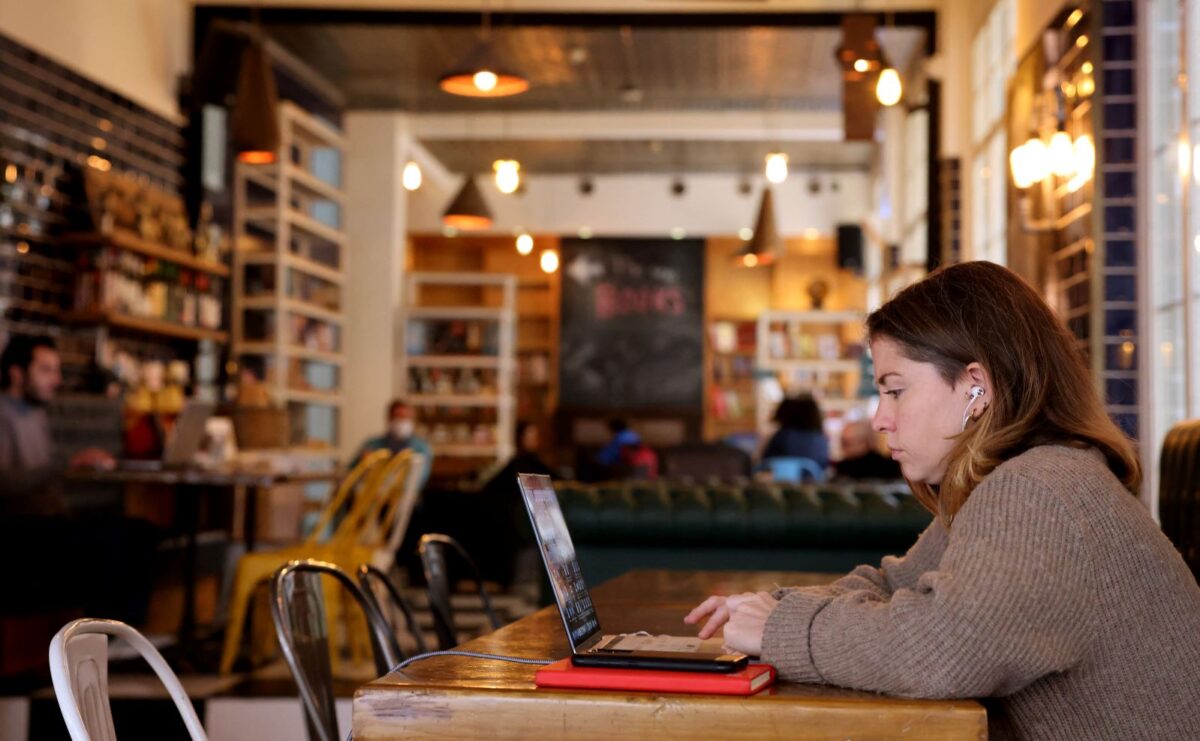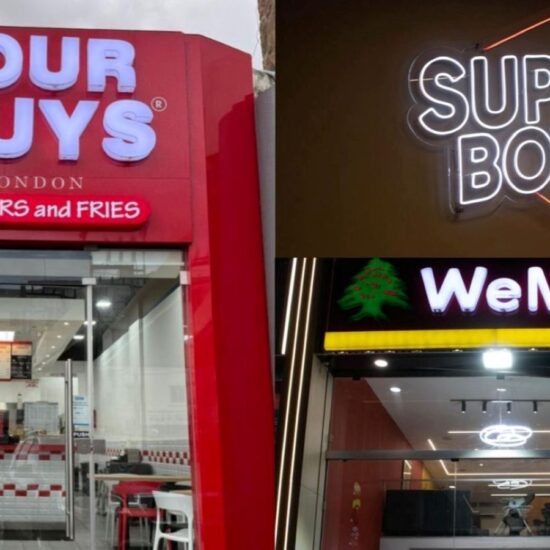
This movement highlights how Lebanese entrepreneurs are changing café culture by infusing it with purpose, creativity, and identity
Lebanon has witnessed a growing trend of cafés evolving into dynamic social hubs that blend creativity, productivity, and community. These spaces are run under the concept of social and cultural cafes by serving coffee, combining bookshops, workshops, and co-working corners.
Places like Joy of Beirut in Qoraytem, Soul of Beirut in Furn El Chebbek, Curl Book and Coffee Shop in Badaro, which invites readers and writers alike into a cozy setting, reflect this shift. In Mar Mikhael, Beit Kanz integrates Palestinian cuisine with a space for storytelling and activism, while The Slow in Hazmieh offers a serene atmosphere for working, collaborating, or simply recharging.
This movement highlights how Lebanese entrepreneurs are changing café culture by infusing it with purpose, creativity, and identity. As economic challenges persist, these spaces offer more than food and drinks, they foster connection, inspiration, and innovation by giving rise to a new wave of socially conscious culinary and cultural experiences.
“Entrepreneurs in Lebanon are increasingly thinking outside the box in this sector by transforming cafés into multifunctional social hubs that merge art, activism, food, and co-working.” Explained Mirna Khoury, a brand strategist who works with different cafes in Dubai and London.
“Cafés are no longer just about sipping coffee, we are seeing new spaces where people gather to attend poetry readings, join embroidery classes, take part in film screenings, or simply plug in and work,” said Mirna.
The role of social media
According to experts in the sector, what is fueling this movement is also the use of social media. Instagram and Tiktok in Lebanon are playing a central role in how these businesses are building their identity, promoting their events and building a connection with the viewer.
Many Cafes now work on curating highly aesthetic feeds with reels of behind-the-scenes food and drink preparations, with a spotlight on the customer and their community events. According to social media manager George, this approach transforms their online presence into a digital extension of the café itself, mirroring its atmosphere, values, and sense of community.
“Social media has become a tool for both survival and creative expression by creating virtually rich content where businesses can amplify their voices, value and vision to connect with Lebanese from all parts of the country, whilst targeting expats too,” said George to NOW.
A space to learn and get creative
A growing number of cafes are collaborating with artists and creatives to run workshops in their space. This includes pottery making, resin making, concrete art, candle pouring and crochet making hosted in sessions to encourage both learning and community engagement.
According to Mirna this trend reflects a deeper shift toward experience-driven spaces where individuals can learn from the talented artists and discover a new craft whilst connecting with like-minded people.
Places like Kulturenest are an example of this as they frequently team up with independent makers and designers by turning their venues into a space for creativity and collaboration.
By doing so, these cafes not only support local talent but also offer their customers a more meaningful and immersive café experience where leisure, learning and lifestyle are blended.
Financial opportunities
“I joined a Resin-making workshop at a café in Mar Mikhael that partnered with a local artisan, I was curious and just wanted to try something new with my hands whilst getting creative and feeling productive,” Lara Keblawi, a 33-year-old teacher from Saida, told NOW.
The workshop introduced Lara to the beauty and versatility of concrete art, something she had always thought was reserved for industrial work. She began crafting trays, coasters, and home décor items in vibrant resin patterns, and selling to customers from her social media platforms.
These workshops are powerful platforms for women to gain both financial and creative independence by being offered training in accessible crafts like candle-making, terrazzo, crochet, and embroidery.
“These spaces equip women like me with practical skills that can be turned into small businesses or side hustles. Many of the participants I know launch Instagram shops or sell their products at local pop-ups, so this, in turn, generates income and creates an environment for women to express themselves and connect with others,” said Lara.
In a country where traditional employment opportunities remain limited and underpaid, many individuals have to take steps toward self-sufficiency.
Challenges
While many cafés and creative spaces in Lebanon are flourishing as cultural and entrepreneurial hubs, they operate within a landscape full of challenges. The ongoing economic crisis has made basic operational costs, such as rent, electricity, and raw materials, increasingly unpredictable and expensive.
“Aaliya’s Books” is an example of how Lebanon’s compounded crises have forced such institutions to adapt or shut down. After enduring the currency collapse, pandemic, Beirut port explosion, and the Hezbollah-Israel war, they announced in December 2024 that they were closing their Gouraud Street location to reassess their business model.
For cafés that rely on regular workshops or pop-ups, turnout can be inconsistent due to shifting public moods during times of political or security tension.
According to George local entrepreneurs are redefining what it means to build something meaningful in uncertain times. This new wave is deeply collaborative as café owners partner with artisans, workshop hosts support local makers, and customers become part of the story, not just consumers.
Rodayna Raydan is a Lebanese-British journalist. You can follow her on Twitter @Rodayna_462
The views in this story reflect those of the author alone and do not necessarily reflect the beliefs of NOW.








